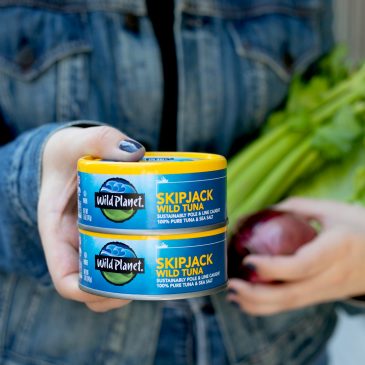Purpose At Work
Purpose At Work: Lessons From Interface On How To Lead With Purpose
In the run up to COP21 in Paris this November, businesses, governments, non-profits and organizations worldwide are clamoring for tangible, international agreements towards eradicating the devastating effects of climate change. With climate hot on everyone’s agenda, including consumers, private sector corporates are beginning to show up to the conversation in substantial ways.
Notably, last week IKEA announced a 1 billion euro ($1.13 billion USD) pledge to help slow climate change. Through investments in renewable energy, more responsible sourcing policies, and support for emerging markets coping with climate change, Ikea is getting behind its 2020 sustainability goals in a real way. Though these commitments are significant, the company will not be pushing up prices at stores, ensuring that their environmental initiatives are good for customers, good for climate, and ultimately good for IKEA too.
Key takeaways?
Appreciate sustainability as a journey.
And a journey in which you should take your stakeholders along. By recognizing that becoming an environmental and/or social leader is not a light-switch for companies of any size, you can start charting your path forward and ultimately provide long-term dialogue. From reaching pivotal milestones to uncovering new innovations, your sustainability journey provides a depth of storytelling and engagement opportunities across your key audiences.
Be authentically committed to your cause.
Ikea’s Chief Executive, Peter Agnefjall, explained that their pledge comes from a desire for the company to tackle climate change, rather than gain positive publicity. As told to Reuters, Agnefjall states ‘Getting that message out to the customers is secondary’. First identifying internally what is important to you as a brand is a critical step, followed by tangible commitments and strategies, and then, externally communicating this to your consumers and customer community.
Recognize where you succeed and where you fall short.
Being authentic also means owning up to failures as much as celebrating success. Unilever is a leading example of what it means to be transparent in your sustainability journey. On their website, for each pillar in its Sustainable Living Plan, Unilever outlines targets against actual performance, indicating where they have achieved, are on-plan, or are off-plan, as well as percentage of the target achieved. Here’s an example of Unilever’s ‘off-plan’ performance for greenhouse gas reduction targets, which is immediately followed-up with what they are doing to address this.
No matter what stage your brand is at on advancing environmental and social impact, there is great opportunity to incorporate your purpose-oriented initiatives and activities in storytelling efforts.
Don’t forget to follow We First on Facebook, Twitter & Google+

Purpose At Work: Lessons From Interface On How To Lead With Purpose

Purpose At Work: How Wild Planet Foods Is Creating Sea Change In The Fishing Industry

Purpose At Work: Lessons From VSP Global On How To Lead With Purpose

